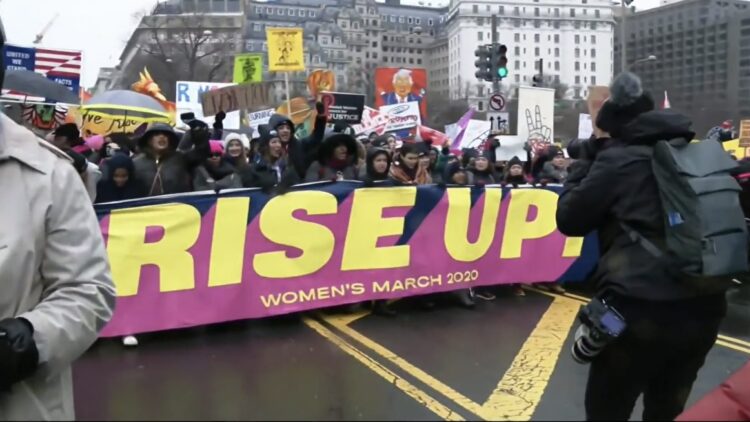Mississippi asks Supreme Court to overturn Roe v. Wade: ‘Nothing supports a right to abortion’

In a court filing Thursday, Mississippi’s legal team urged the U.S. Supreme Court to overturn the 1973 Roe v. Wade ruling which legalized abortion nationwide.
“Under the Constitution may a State prohibit elective abortions before viability? Yes,” Mississippi Attorney General Lynn Fitch wrote in a brief sent to the Supreme Court. “Why? Because nothing in constitutional text, structure, history, or tradition supports a right to abortion. A prohibition on elective abortions is therefore constitutional if it satisfies the rational-basis review that applies to all laws.”
The legal team argues that the conclusions reached in Roe v. Wade and Planned Parenthood of Southeastern Pennsylvania v. Casey (1992) are “egregiously wrong.” Both cases conclude that abortion is a constitutional right, which Fitch says has “no basis in text, structure, or tradition.” The attorneys also argue that the aftermath of both rulings has inflicted damage upon U.S. citizens.
“Casey repeats Roe’s flaws by failing to tie a right to abortion to anything in the Constitution. And abortion is fundamentally different from any right this Court has ever endorsed. No other right involves, as abortion does, the purposeful termination of a potential life,” the brief says. So Roe broke from prior cases, Casey failed to rehabilitate it, and both recognize a right that has no basis in the Constitution.”
In May, the Supreme Court agreed to hear arguments for Dobbs v. Jackson Women’s Health Organization. The case examines a 2018 law passed in Mississippi that largely prohibits abortions after 15 weeks of pregnancy. After being passed, the law was held up by lower courts that cited prior Supreme Court precedent that kept states from banning abortions before “fetal viability” – generally believed to be 22 weeks. Jackson Women’s Health Organization, the only remaining abortion clinic in the state, urged the court not to hear the case.
“In an unbroken line of decisions over the last fifty years, this Court has held that the Constitution guarantees each person the right to decide whether to continue a pre-viability pregnancy,” Hilly Schneller, an attorney representing the clinic, wrote in a filing. “While the State has interests throughout the pregnancy, before viability, the State’s interests are not strong enough to support a prohibition of abortion.”
Mississippi’s legal team argues that overruling both Roe and Casey makes resolving the Mississippi law straightforward. Fitch argues that, since the 15-week abortion ban excludes medical emergencies and cases of severe fetal abnormalities, it enables interests in protecting the unborn and women’s health and the medical profession’s integrity. Therefore, Fitch says, the law is constitutional.
“[Mississippi’s] law rationally furthers valid interests in protecting unborn life, women’s health, and the medical profession’s integrity,” Fitch writes. “It is therefore constitutional. If this court does not overrule Roe and Casey’s heightened-scrutiny regime outright, it should at minimum hold that there is no pre-viability barrier to state prohibitions on abortion and uphold Mississippi’s law.”
Dobbs v. Jackson Women’s Health Organization is the first major abortion case to be heard by the current Supreme Court. It will likely be heard sometime this fall and could be ruled on in the spring of 2022.